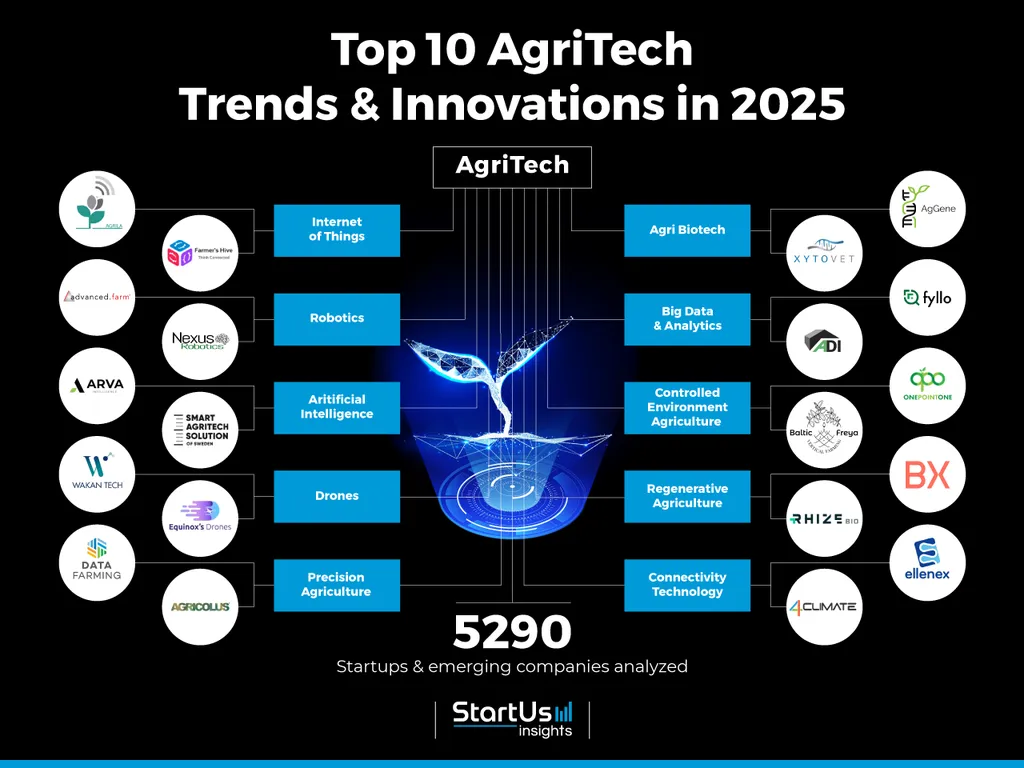Austin Hall, an Omaha-based agricultural equipment specialist, is making waves in the ag-tech world with a straightforward yet powerful message: the future of farming technology lies in trust, real-world testing, and long-term thinking. His insights, recently highlighted in an international spotlight article, are resonating not just in the heartlands of Nebraska but also in burgeoning urban farming hubs like London.
Hall’s approach is refreshingly pragmatic in an industry often driven by the latest trends. “The problem isn’t a lack of tech,” he asserts. “It’s a lack of asking the right questions.” His perspective is particularly relevant as both rural and urban agricultural sectors grapple with the challenges of integrating technology effectively. A recent report by the UK Department for Environment, Food & Rural Affairs (DEFRA) underscores this issue, revealing that over 30% of small farms using ag-tech in the UK struggle to see a return on investment within the first three years, often due to poor fit and under-tested tools.
**Hands-On Advice in a High-Tech World**
Hall’s career is marked by a commitment to practical solutions over flashy sales pitches. He recalls instances where deep listening and tailored advice led to better outcomes for farmers. One notable example involved a farmer considering a significant investment in a GPS planter. After a detailed discussion, the farmer opted for a more cost-effective soil preparation solution, ultimately doubling his yield. This anecdote exemplifies Hall’s philosophy: technology must serve the problem, not the other way around.
His message is particularly timely as the UK indoor farming sector is poised for significant growth, with a projected 23% expansion over the next five years according to AgFunder. As investment pours into vertical farms, smart greenhouses, and precision systems, Hall’s emphasis on user-centric design becomes increasingly crucial. “London’s got some of the brightest minds in farming tech,” he acknowledges. “But even the smartest system fails if you don’t understand what the farmer really needs.”
**A Call for Smarter Conversations**
Hall’s advocacy extends beyond individual farmers to the broader agricultural community, including ag-tech startups and investors. He encourages a shift towards more meaningful conversations that prioritize understanding and problem-solving over sales. “If you’re a grower, ask yourself: Do I really need this? What’s it solving?” he advises. For sellers and founders, he stresses the importance of real-world testing and user engagement: “Have I walked the field? Have I seen this work in real conditions?”
His call to action is simple yet profound: slow down, ask better questions, and push for grounded innovation. This approach benefits all stakeholders in the agricultural ecosystem. Farmers are urged to test technologies thoroughly and compare outcomes rather than relying on marketing materials. Ag-tech developers are encouraged to pilot their solutions with real users, building trust through tangible results. Investors and buyers should focus on the fit and long-term viability of technologies, while educators and advisors are reminded to share both successes and failures to foster a culture of learning and improvement.
Austin Hall’s insights serve as a timely reminder that the heart of agriculture lies in its ability to nourish families and communities. As the industry continues to evolve, his emphasis on trust, practicality, and long-term thinking offers a roadmap for sustainable and impactful innovation.

